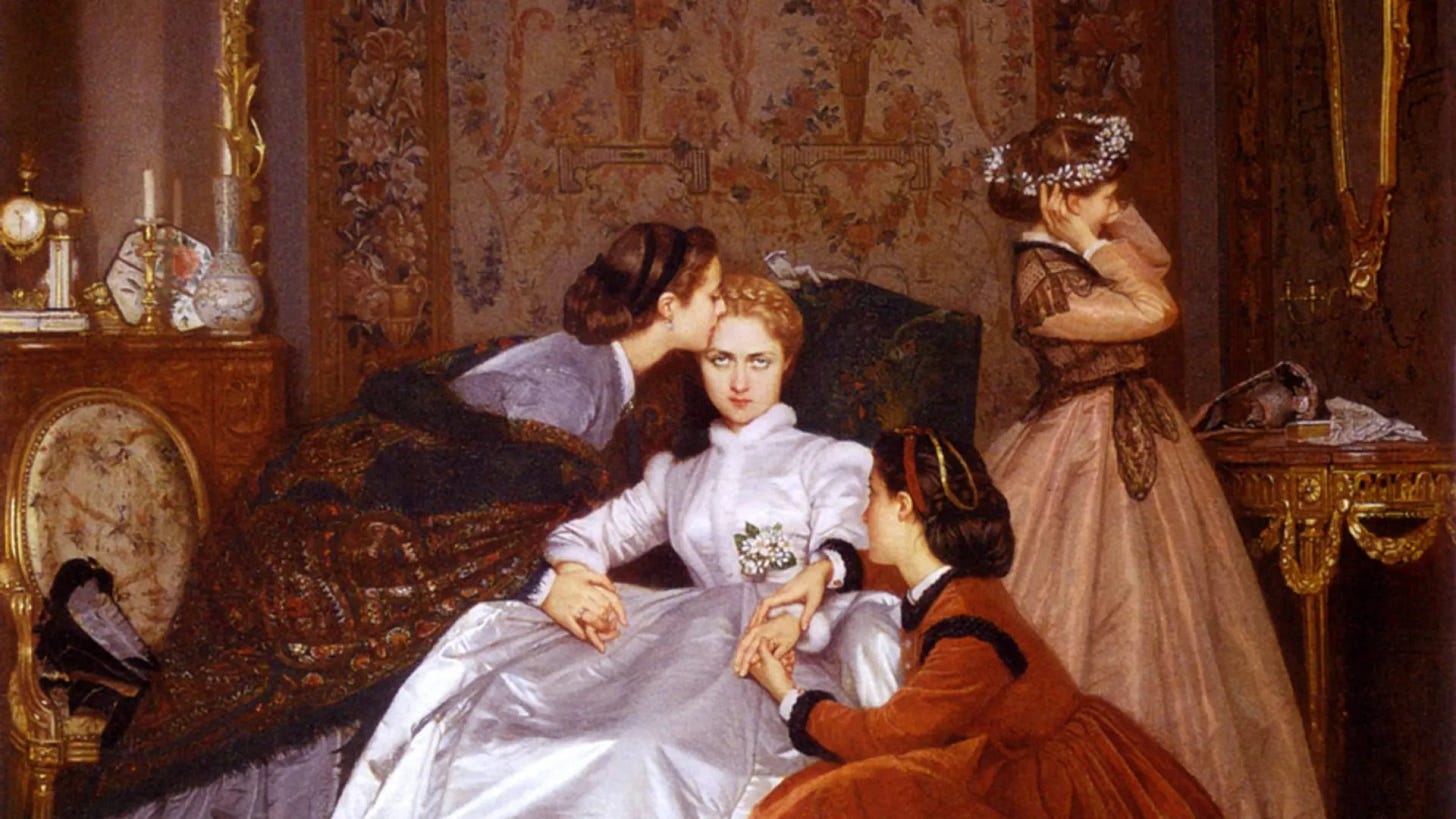Conflating Psychiatric Treatment with Care
An interview with Laura Delano about her book Unshrunk.
Laura Delano first saw a psychiatrist when she was 14, and was diagnosed with bipolar disorder and put on antidepressants and a mood stabilizer. For years after that, she saw myriad mental health professionals, was diagnosed with many disorders, and given a litany of psychiatric medication. Eventually, Delano decided that these treatments were causing her more harm than good, and tapered off of the drugs. She founded the Inner Compass Initiative to help people share their experiences with psychiatric medication. And she recently published a memoir about her experiences with psychiatric treatment—Unshrunk: A Story of Psychiatric Treatment Resistance. Delano spoke with me about her decision to get off medication, how she views the medicalization of mental distress, and the response to her book and other works critical of psychiatric diagnosis and treatment.
[This interview has been edited and condensed].
To start off, can you just list some of the drugs you were put on at various points in your life, before deciding they were doing more harm than good?
Prozac. Depakote. Ambien. Lamictal. Lexapro. Effexor. Seroquel. Lithium. That’s just a few off the top of my head.
Was there one event or incident after all this “treatment” and anguish that you thought, “this needs to be written about.”
There wasn’t one acute moment in terms of writing the book, but the first time I sat down with Robert Whitaker and told him my story—that was the first time I’d told another person about any of it really—and he told me that what I’d been through wasn’t unique to me, that there were a lot of other people going through the same thing. I think that’s when I realized that this is about so much more than me and my story; that my story is one of countless stories. I felt I had to do something about that.
After launching Inner Compass and writing this book, I’m sure you’ve heard from many of those people, right?
Yes, thousands at this point—through my writing, at conferences, in my DMs. It’s infuriating to realize it’s such a common thing. It’s both beautiful and agonizing. Realizing how far from alone you are is such a comfort and helps you feel like you can keep going. But it also brings up so much grief and outrage when you consider how massive the harm is—just the scale of it, and how largely invisible it is to so many people in our society.
What do people tell you specifically they’ve been harmed by? Is it just one class of drugs, like SSRIS, or something larger?
They’ve been hurt by turning to a system that they hoped would help them, and then realizing that the medicalized ideology and the pharmaceutical solutions were actually causing them more harm. They realize that the story we get told about ourselves and our suffering and our madness and our breakdowns is a false one, that it’s actually been a kind of prison, and that the treatments often make us sicker.
How do these people you meet come to realize this? Is there a usual way they realize the medication isn’t working, or has a lot of side effects, or that there’s a better path?
I think a lot of people have this realization after they’ve come off the drugs too quickly, because they didn’t have good information from medical providers. And they get thrown into horrible withdrawal that most medical professionals don’t even recognize as withdrawal. And so they go online, and they find their way to other people and ideas. But it’s often after it’s too late, so to speak—after they’ve already been harmed by these drugs. It’s rarer that people who haven’t tried coming off their meds yet see something online, or hear my story, or hear something similar from a friend about an experience with these drugs. It’s unfortunately most often after they’ve been harmed by the drugs themselves, or by the withdrawal, or after they’ve realized the drugs simply aren’t working anymore.
In your view, is the main harm caused to these people because of the drugs themselves, or because of the larger system—i.e. the idea that everyone’s problems are primarily chemical and not about what’s going on in their lives, their traumas, those kinds of things?


